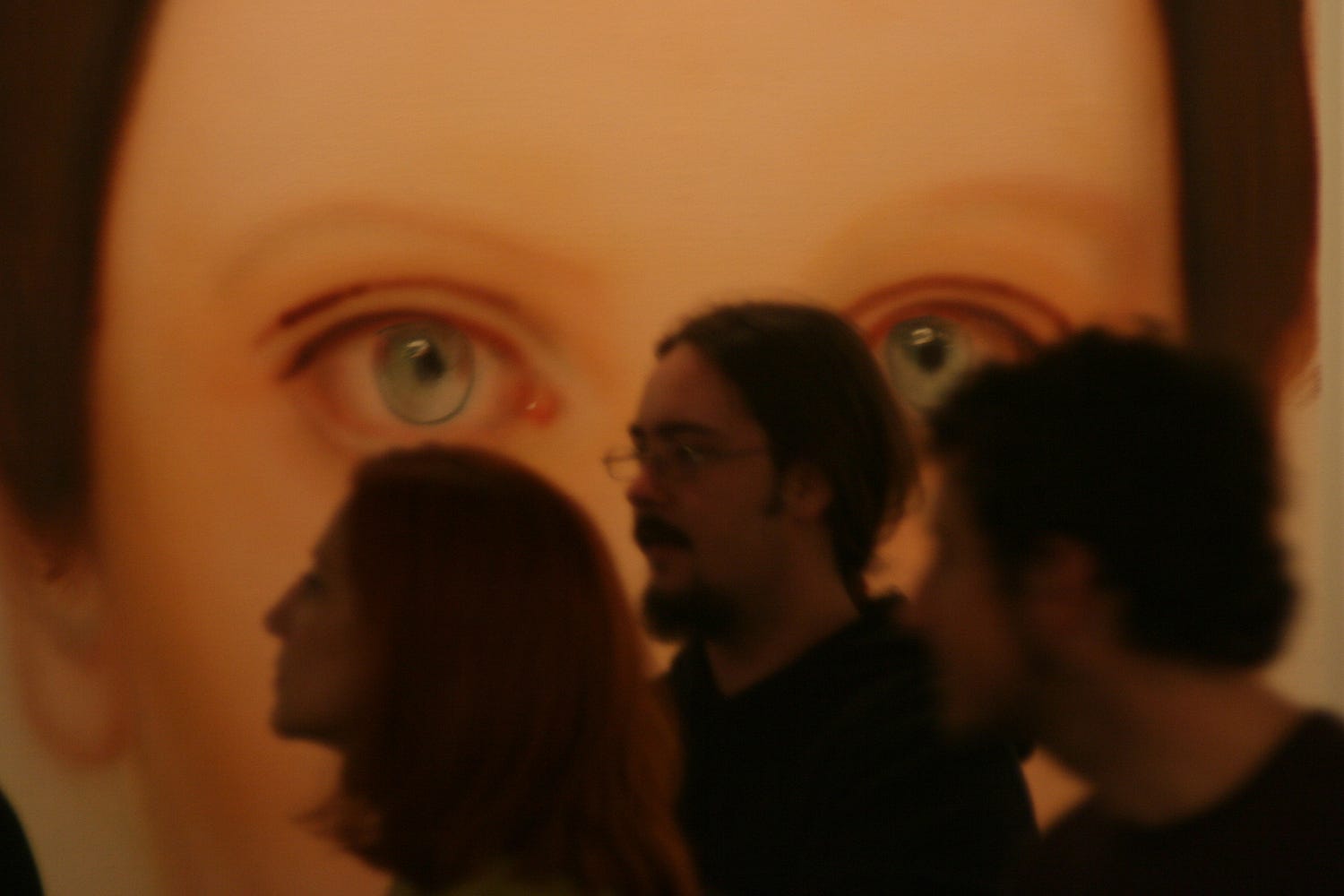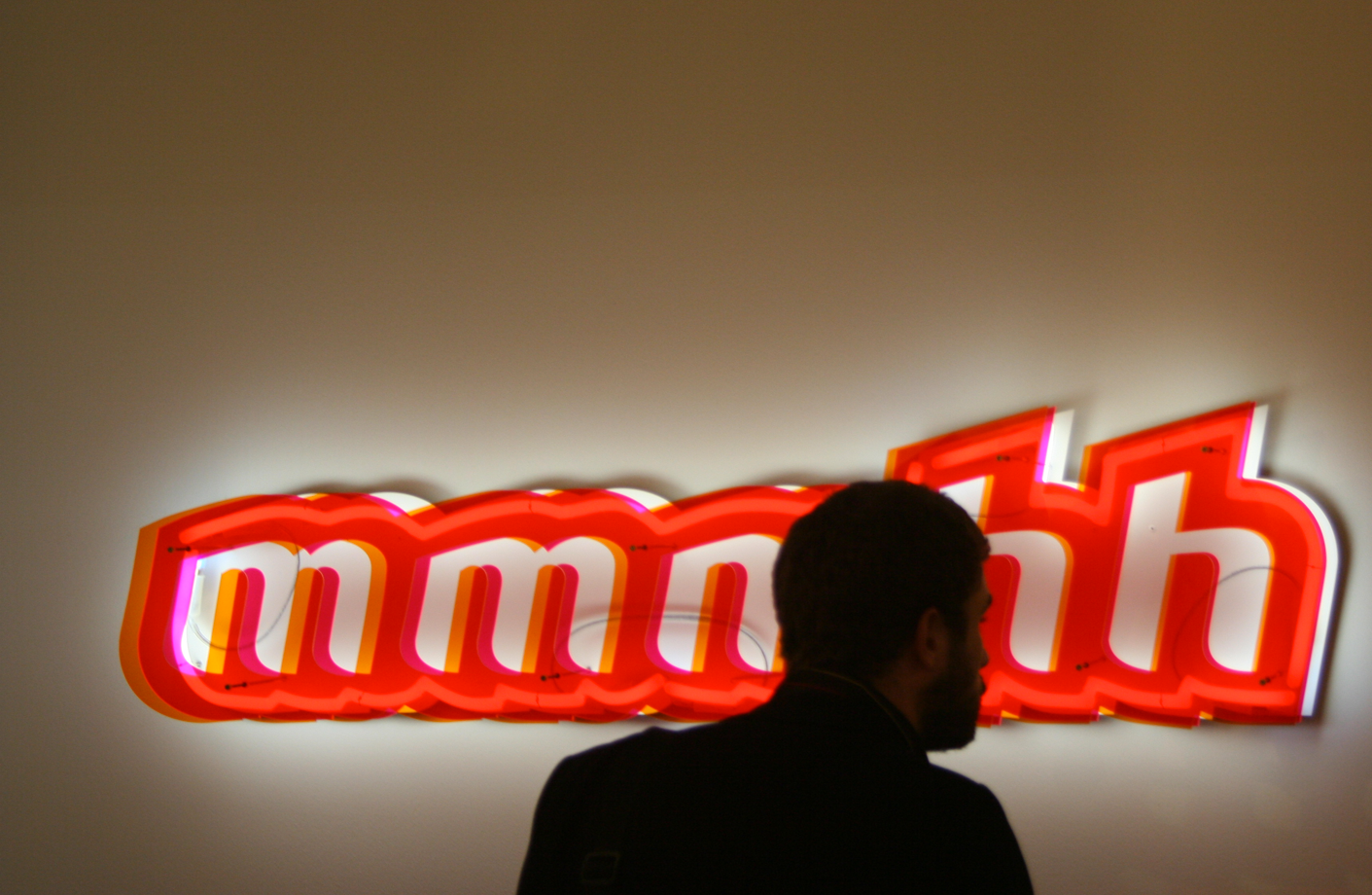Revenge. Forgiveness. Us.
Behold the power of resentment…
AOG, Madrid
A
couple of days ago I met up with a couple of friends. New friends.
People I had just met but which seemed to have struck an equal chord
with me.
So there we were, at Café Figueroa, Madrid’s first openly gay coffee shop, establised as it was in 1981, talking about things.
We
spoke about the current economic crisis, Spanish politics, the
influence of Germany on Europe’s economy, the phantom (or prospect) of
Catalonia’s and Scotland’s independence, and after all this, we began to
talk about childhood. About our experience of life as gay children.
Our
stories, although they were lived out in different cultures, different
places and countries, were still extremely similar because of the
homophobic element of our peers.
Turns out, (surprise!) that children are little homophobic monsters, just like their parents.
All children? No. Not all children.
Part
of our conversation versed on the fact that a small group of bullies
had decided that we were gay and had, somehow, a God-given (or
Santan-given) right to make our lives hell, but, also, not all children.
Not all of our classmates. Only some.
“The usual ones”, said one of my new friends.
He
then went on to talk about how it wasn’t just children. He told me a
horrible tale about his youth in a small town in rural Spain, about 15
years ago.
 |
| Image taken at the ARCO Art Fair in Madrid, 2006. |
Turns out that around the age of 18, he told his friends that he was gay.
“They
all ran away from me on the spot. I don’t mean that they stopped
talking to me, which came the next day and continues to this day. I mean
that as soon as they heard the words they took off. They ran away!”
He
then told me that he did the same, trying to get to his house before
the gossip came in through the airways and his parents found out about
it from other people.
He didn’t tell me about what his parents told him at the time. He just went on.
“What
amazes me most is the fact that they could not wait to tell every one
in town about it. Including my boss. They all got into a car and drove
all the way to the bar where I worked, which was in another town. They
went and told my boss I was gay. And when I got to work, I was told I no
longer worked there.”
I was aghast.
Of course, he left town soon after.
Why?
Well,
the locals would do that thing which tends to happen in small towns.
Not so much make his life hell, but just talk about him whenever he
walked past. Criticise him in front of his parents and family. And their
friends.
And he moved on.
So I asked, ‘did you ever talk to them again?’
He
said yes, one of them. A couple of years ago one of his friends walked
up to him when he was visiting his parents, and started talking to him.
He was getting married and invited him to the wedding.
‘Did he apologize?’, I asked.
“He did, but I didn’t accept his apology. I don’t need it.”
And at that point we started a different conversation.
On the one corner, one of them arguing on behalf of his partner, and on the other me, arguing for forgiveness.
“They don’t need to be forgiven. Shouldn’t be. They were cowards.”
“But don’t you think that it takes a lot of courage to say you are sorry?”
“Maybe so, but what about what we go through? They should have known better.”
“But think about the time you were 18, or 8, aren’t you sorry about some of the things you did?”
“Yes I am, but less so about those I did when I was 18.”
“But 18 is still pretty much a kid.”
“I don’t agree. They should have known better.”
“But they only reflect what society does with us.”
“Exactly. So now we do it.”
“But
if someone is asking for forgiveness… they are suddenly giving you all
the power. Suddenly you have the upper hand. If you don’t forgive them,
then you are exacting revenge.”
“Then that is
what I’m doing, but that is not what I’m doing really. I am just not
forgiving something which should not have ocurred but did.”
“But then you are just resentful, that can’t be healthy.”
“I
disagree. We are talking about something I don’t need. I don’t need
their apology. I have, we have, lived without it for a long time, so
that now, if they offer it, it is just without meaning.”
“But it does have meaning. Especially to them.”
“Doesn’t matter. Not to me. Do you need to hear the apologies of those who made your childhood hell?”
“Well,
I’ve never been in that position, but I would love for it to happen.
Not because I want to forgive anyone in particular, but because it would
signal to me that they achieved a certain level of maturity, and that
they realized they did something which was very wrong. I think I would
forgive them right away, like I think I do when somebody says they are
sorry.”
The conversation afterwards pretty much
remained along those lines, and then he, my new friend, began to tell me
his reasoning behind the ‘apology’.
“He has
children now. Two boys. Maybe now he is thinking that one of them could
be gay. That it could happen to him. And that is why he apologised, not
because he felt bad about what he did, but because he is probably afraid
that it might happen to his own children.”
 |
| www.fotothing.com/polo |
And then, he also told me –and here human nature did amaze me a bit– that he had had an opportunity to “wreck” one of his ex-friend’s life, but didn’t. And wouldn’t.
“One
of them asked me once not to say anything about what I had seen. And I
didn’t. But I wasn’t planning on doing so anyway. It is none of my
business, and it’s his life anyway.”
“What was it that you’d seen?”
“I’d seen him at a gay bar in another town, canoodling with another man.”
“And…”
“And
he still lives in our town, and is married and has children. And every
time I go there he goes out of his way to avoid me, and looks shit
scared to see me.”
Our conversation ended about 30 minutes after all of this went on.
We
were trying to be nice with each other since we’d just met, and
clicked, but here was this different approach to this situation.
We just accepted that each of us had a different way of looking at things, and moved on.
We
didn’t fall out but there was a different perspective which was at odds
with the perspective opposite. I could tell there was a lot of
resentment in what one of them had told me, and his partner had merely
defended his partner’s point of view, although hinting here and there
that he too had a similar tale to tell.
As do most gay men and women
today.
I write this not to judge them in any way, since we all have to walk our own path.
I
write this because I liked the fact that, in spite of it all, we all
try to be good people, except we all define ‘good’ in a different way. I
would not ever say that these guys were anything but good, in as much
as I can tell about somebody I’ve had coffee and a conversation with
over the space of a couple of hours.
We all try to do the right thing, however we define what that is, and in spite of so many things.
And
although I might be very adept at accepting apologies, I wonder about
what I would have done if ‘incriminating’ information about one of my
childhood torturers had come into my hands.
Would I be so benign?



No comments:
Post a Comment